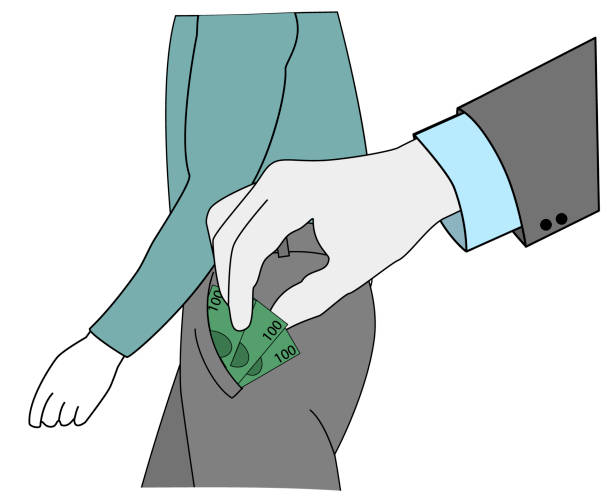Related Articles
The windfall profits tax is again stalking the halls of Congress. For anyone over 40, the phrase will have a familiar ring. This idea was first enacted during the waning days of the Carter Administration as a way of zinging oil companies who were supposedly benefiting improperly from rising world oil prices.
It didn't work out as expected. The government's take from the tax fell almost 30% short of estimates. Revenue continued to fall well below projections until Congress finally repealed the levy in 1988. Two years later, a follow-up study by Congress' research arm concluded the higher tax had harmed domestic oil production and increased U.S. dependence on foreign sources. In the meantime, the market had moderated both prices and profits as world oil supplies stabilized.
Now some lawmakers, led by Washington's own Senator Maria Cantwell, want to resurrect this discredited relic of the 1970s by slapping a surcharge on what they say are the excessive earnings of U.S. oil companies.
Given her own history, Senator Cantwell seems an unlikely person to be proposing a windfall profits tax on any industry. In the 1990s her RealNetworks stock made her a multi-millionaire in less than five years. Our bizarre campaign laws, under which broadly-funded campaigns are limited but self-financed ones are not, enabled her to tap $9 million in personal stock earnings to wrest a closely-contested senate seat from incumbent Slade Gorton. Her platform at the time made no mention of taxing the windfall profits of high-tech companies.
It is equally odd for a Washington senator to be promoting a new tax on petroleum products. Just this year the state increased its tax on gasoline, boosting the combined rate to 49.4 cents a gallon, the third highest in the nation. Piling on another tax at the federal level would do little to help the Senator's constituents adjust to higher gas prices.
A windfall profits tax is mean-spirited. Its primary purpose is not to raise needed revenue for the government, but to punish select companies for being too successful. While a windfall tax certainly hurts producers, as intended, it does nothing to help consumers.
In addition to being impractical and unfair, a windfall profits tax is bad policy in principle. It is always dangerous when powerful government officials start deciding that some citizens are making "too much" profit. Oil company earnings, which hover around 9%, are well below those of companies in other sectors of the economy. Recently Coca-Cola posted profits of 21%, bank profits this year approach 20%, and software company profits routinely exceed 10%. Parts of Congress' own retirement plan earned 14% in 2005. None of these levels of earnings have produced calls for imposing a special tax.
Further, state and local government revenues are doing pretty well in the current growing economy. Washington state recently discovered it is holding an unexpected $1.4 billion surplus. But don't expect the legislature to pass a windfall "untax" on itself and return all or part of this extra money to taxpayers.
Windfall means any sudden, unexpected boon, and some public leaders think this somehow justifies the government taking a good portion for itself. The term implies the money is somehow undeserved. Yet, given the cyclical nature of the oil business, years pass before the billions devoted to developing new resources begin to pay off. When they do, the resulting return is anything but unexpected. In fact, for the oil industry profitable years are essential to surviving market downturns and supplying the investment capital needed to meet future energy demand.
It is a recognized principle of public policy that when the government taxes something society gets less of it. Given the central role oil and gas play in meeting our energy needs, this is no time to make it harder to produce these products.
The best way to help consumers is to encourage more competition and allow companies to build greater production capacity. A policy that adds costs for a key industry would move us in the opposite direction, which is why the windfall profits tax remains as dumb an idea today as it was a quarter century ago.





